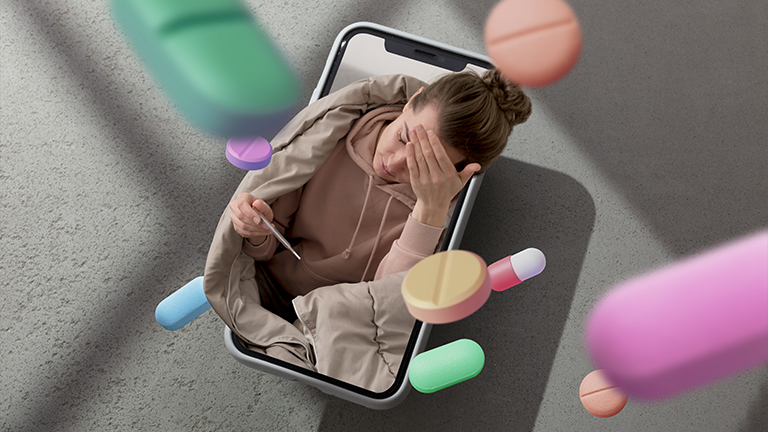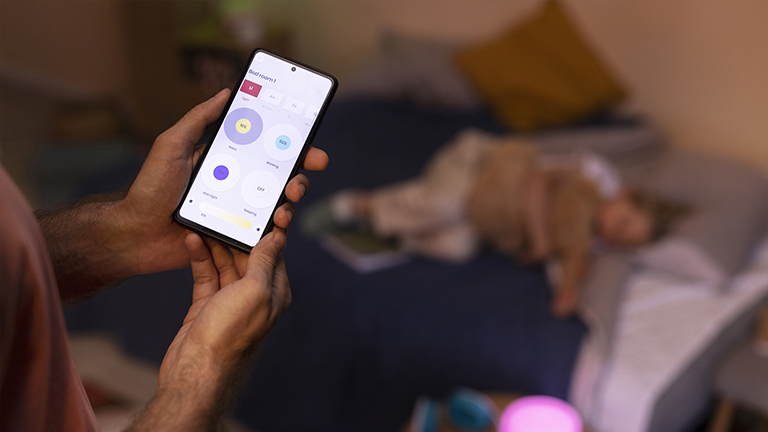In today’s fast-paced digital world, mental health apps have become an essential part of everyday wellness. With rising awareness about stress, anxiety, and depression, people across the USA, UK, and Canada are turning to digital mental health tools for daily support. From therapy apps to mood tracking apps, these platforms are reshaping the way individuals manage emotional health, self-care, and mindfulness.
Why Mental Health Apps Are on the Rise in 2025
The demand for accessible mental health care has never been higher. With more people working remotely, facing academic pressure, or navigating personal challenges, the use of mental health apps has surged in 2025. These tools offer 24/7 support, privacy, and convenience—bridging the gap between traditional therapy and digital wellness.
Benefits of Using Mental Health App for Daily Wellbeing
Using apps for mental health comes with several benefits, including:
- Convenience: Access support anytime, anywhere.
- Affordability: Many free mental health apps are available, making self-care more accessible.
- Personalization: Features like mood tracking and guided meditation adapt to individual needs.
- Anonymity: Users can explore mental health support without stigma.
For students, working professionals, and those with busy lifestyles, these apps provide structured ways to manage stress, anxiety, and emotional wellbeing.
Top Mental Health Apps for Anxiety and Stress Relief
In 2025, the most popular apps for anxiety and stress management include:
- Headspace – A leader in guided meditation apps for relaxation and focus.
- Calm – Great for stress management, sleep stories, and mindfulness practices.
- Sanvello – Combines CBT therapy tools with mood tracking to manage anxiety.
- BetterSleep – Helps improve sleep quality, which directly impacts mental health.
These apps are designed to reduce stress, regulate emotions, and encourage daily mindfulness.
Best Mood Tracking and Self-Care Apps
Mood tracking apps and self-care apps allow users to monitor emotional patterns and develop healthier routines. Some top options in 2025 include:
- Daylio Journal – Tracks mood trends and habits.
- Moodfit – Offers exercises to balance mental wellbeing.
- Reflectly – A self-care journal powered by AI for emotional growth.
By using these tools, individuals gain insights into triggers and progress toward emotional stability.
Therapy and Counseling Apps You Can Trust
For those seeking professional guidance, online counseling apps provide access to licensed therapists. Trusted platforms in 2025 include:
- BetterHelp – Offers virtual therapy sessions with certified counselors.
- Talkspace – Provides text, audio, and video counseling options.
- 7 Cups – Connects users with trained listeners and therapists for emotional support.
These therapy apps make professional help more affordable and accessible, especially for people in remote areas.
Free vs Paid Mental Health Apps: Which Should You Choose?
When choosing between free mental health apps and premium versions, consider:
- Free Apps: Offer basic features like meditation, mood tracking, and limited resources.
- Paid Apps: Provide full access to therapy sessions, advanced tracking, and personalized content.
For students or budget-conscious users, free versions are effective starting points. However, investing in paid plans often leads to deeper and more personalized mental health support.
How Mental Health Apps Support Mindfulness & Meditation
Mindfulness apps and meditation apps for anxiety are among the most downloaded in 2025. They promote stress reduction, focus, and relaxation through:
- Breathing exercises
- Body scans and relaxation techniques
- Guided meditation sessions
Apps like Insight Timer and Ten Percent Happier are widely used in the USA, UK, and Canada for daily mindfulness practices.
Choosing the Right App for Your Needs: Key Features to Look For
When selecting a digital mental health tool, look for:
- Evidence-based techniques (CBT, mindfulness, or DBT).
- User-friendly interface with simple navigation.
- Customizable reminders for consistency.
- Data privacy and security to protect personal health information.
- Community support features for motivation.
Are Mental Health Apps Effective? What Research Says
Research shows that mental health apps can be effective in reducing anxiety, managing stress, and improving sleep. Studies highlight that apps using CBT therapy techniques and structured mindfulness practices deliver measurable improvements in emotional wellbeing. However, experts emphasize that these apps are best used as complements—not replacements—for professional therapy when needed.
Final Thoughts: Can Apps Replace Traditional Therapy?
While mental health apps offer valuable support, they cannot fully replace professional therapy for severe mental health conditions. Instead, they act as powerful digital companions—helping users track progress, practice mindfulness, and access counseling on demand.
For everyday stress management, self-care, and emotional balance, these apps are game-changers in 2025. Whether you choose free mental health apps or invest in premium options, the key is consistency and finding the right app that fits your lifestyle.



